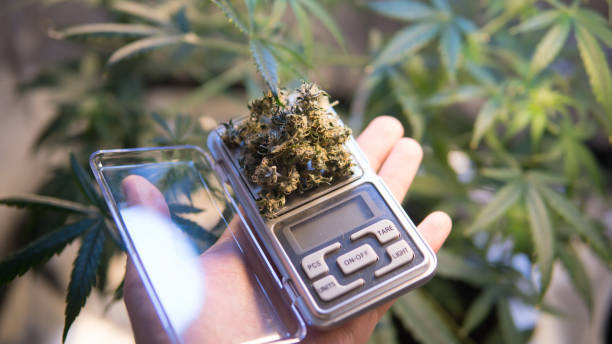
280E tax code and its impact on cannabis businesses
Posted by on 2024-04-08
The 280E tax code has had a significant impact on cannabis businesses in the United States. This provision, which was originally intended to prevent drug traffickers from deducting business expenses on their federal tax returns, has been applied to state-legal marijuana companies as well.
Under 280E, cannabis businesses are unable to take normal business deductions for expenses such as rent, utilities, and employee salaries. This often results in these companies paying significantly higher effective tax rates compared to other industries. In some cases, cannabis businesses have reported effective tax rates of over 70%, putting a strain on their ability to operate and grow.
The impact of 280E is particularly harsh for small and medium-sized cannabis businesses that may not have the resources or financial flexibility to absorb such high tax burdens. Many of these companies are forced to pass on these costs to consumers through higher prices or reduce investments in areas such as research and development or employee benefits.
Despite efforts by lawmakers and industry advocates to reform or repeal 280E, the provision remains in place, creating challenges for cannabis businesses across the country. Some companies have resorted to creative accounting strategies or restructuring their operations in an attempt to mitigate the effects of this tax code.
In conclusion, the 280E tax code continues to present a significant obstacle for cannabis businesses looking to thrive in a rapidly growing industry. Until meaningful changes are made at the federal level, these companies will continue to face financial hardships that hinder their ability to compete and innovate.
Under 280E, cannabis businesses are unable to take normal business deductions for expenses such as rent, utilities, and employee salaries. This often results in these companies paying significantly higher effective tax rates compared to other industries. In some cases, cannabis businesses have reported effective tax rates of over 70%, putting a strain on their ability to operate and grow.
The impact of 280E is particularly harsh for small and medium-sized cannabis businesses that may not have the resources or financial flexibility to absorb such high tax burdens. Many of these companies are forced to pass on these costs to consumers through higher prices or reduce investments in areas such as research and development or employee benefits.
Despite efforts by lawmakers and industry advocates to reform or repeal 280E, the provision remains in place, creating challenges for cannabis businesses across the country. Some companies have resorted to creative accounting strategies or restructuring their operations in an attempt to mitigate the effects of this tax code.
In conclusion, the 280E tax code continues to present a significant obstacle for cannabis businesses looking to thrive in a rapidly growing industry. Until meaningful changes are made at the federal level, these companies will continue to face financial hardships that hinder their ability to compete and innovate.